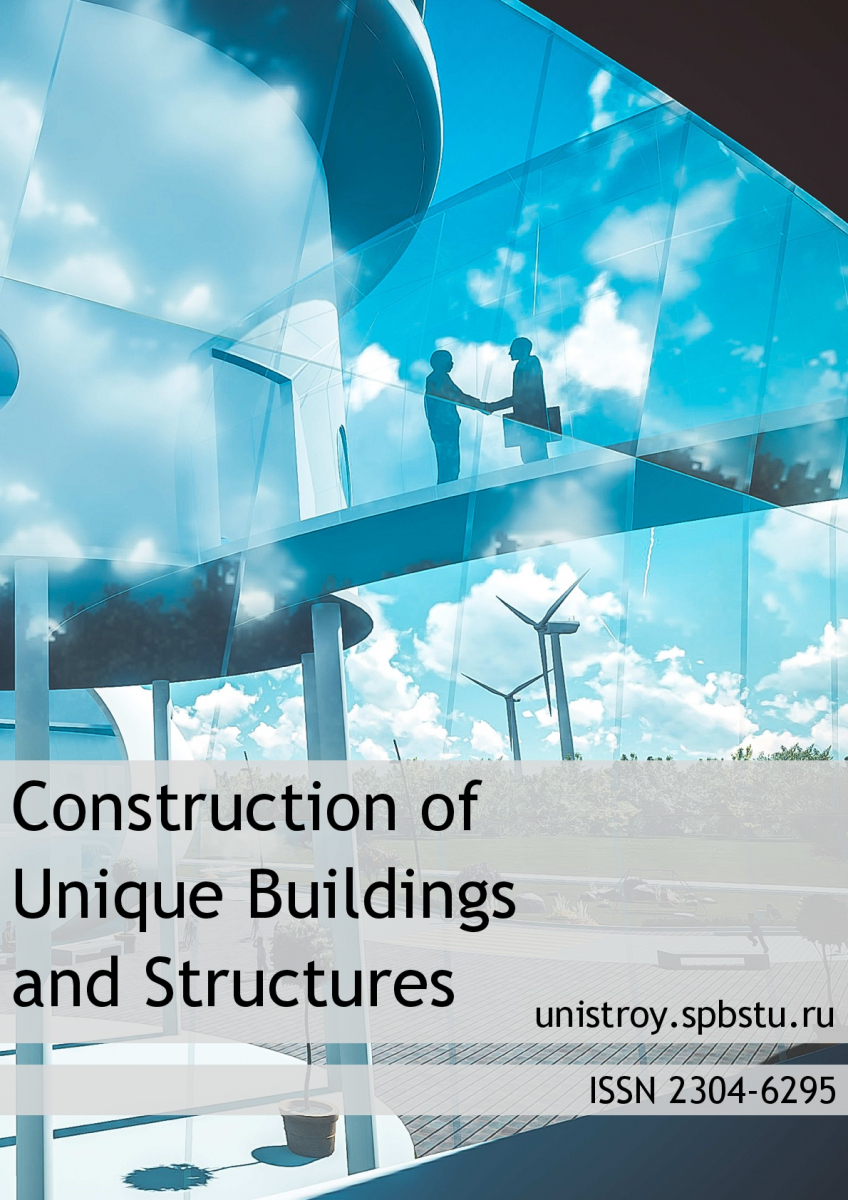Waste management in the city`s master-plan development
We list the main results of the research work on the subject of production of a draft master plan for the development of the city district - the Yekaterinburg city municipality for the period up to year 2035 concerning the engineering infrastructure. The disposal of unsorted waste at landfills leads to undesirable environmental consequences (pollution of soil and groundwater, and CO¬2, CH4, H2S emissions into the atmosphere), and constantly requires more and more space. Currently, since there is a tendency to increase the amount of generated waste by 3-5% annually, the area of landfill sites is constantly increasing, taking up more and more land plots, which, without costly treatment, become no longer suitable for further economic use. Each year, about 5 million tons of MSW are generated in the territory of the municipal district "Yekaterinburg city". No more than 5% of waste is recycled. The rest is deposited to landfills for municipal solid waste. The analysis of the capacity of the landfills currently in operation demonstrated that the amount of waste planned for deposition and disposal exceeds the landfill capacity twofold, which leads to a significant load on the landfill and violations of the technology of safe waste disposal. Considering the abovementioned, a planned scheme was developed for municipal solid waste streams of the municipal district “Yekaterinburg city”. Municipal solid waste generated in the territory of the municipal district “Yekaterinburg city” will be delivered to the locations of waste accumulation (container sites). We have assumed separate garbage collection on the territory of the municipal district. Waste to be recycled is placed in special containers, and then it is supposed to be forwarded to waste sorting complexes. Non-recyclable waste is planned to be placed at two inter-municipal waste management centers (IMWMC): about 50% of it – at the IMWMC in the urban district Verkhnyaya Pyshma (the Severny polygon), and the remaining 50% - at the IMWMC in the urban district Beloyarsky. The waste suitable for recycling will be picked out in waste sorting complexes, and then will be sent to the relevant industrial enterprises. Among the main types of waste that are subject to recycling are: ferrous and non-ferrous metals for remelting, cellulose and waste paper for paper production, polymers for production of building materials (for example, PVC window frames), and glass shards for production of recycled glass containers .
.png)


